Ethical Technophile: Small thinking, big ethics
Everybody is looking for the next BIG thing. Sometimes, it’s the next small thing on the strength of its ethics.
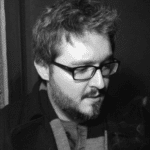
•
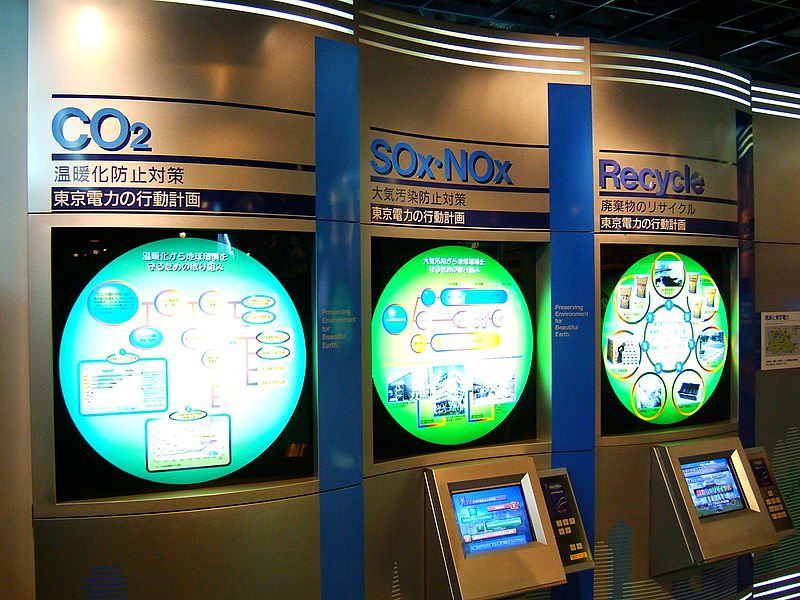

David Moyer covers emerging technology and ethics. A freelance journalist, he has worked for several clients in a writing and consulting capacity. He graduated from the University of North Texas with degrees in Political Science and Religious Studies. In his spare time he enjoys reading, coffee, and passionate debate.
Everybody is looking for the next BIG thing. Sometimes, it’s the next small thing on the strength of its ethics.

•

New poll from the Pew Research Center shows Americans are of two minds about emerging technology.

•
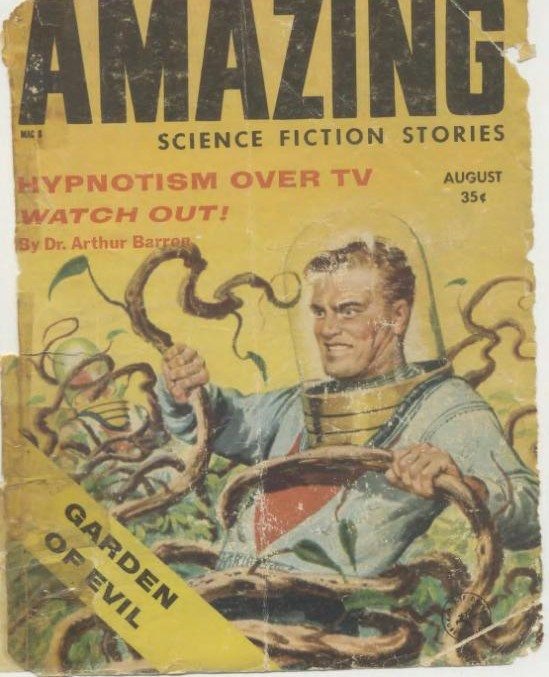
Chris Mirabile shares why relationships and collaboration make or break startups.

•
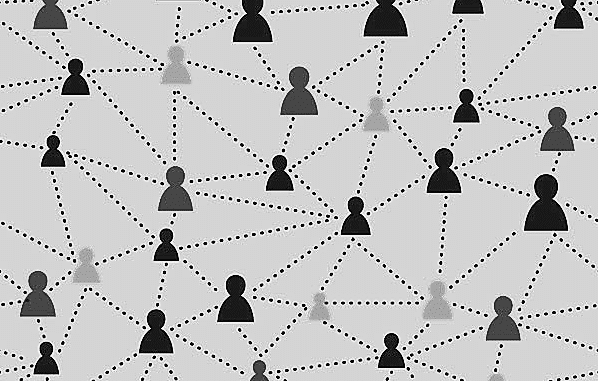
With all the potential ramifications of emerging technology, it’s easy to lose sight of where we are right now.

•
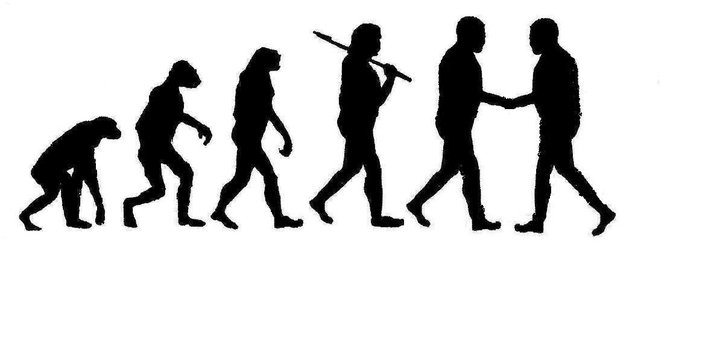
Fracchia talks shop on “bits to bio” and “bio to bits” in discussing his nano assembler and open-source platform for sharing and integrating bio-medical…

•
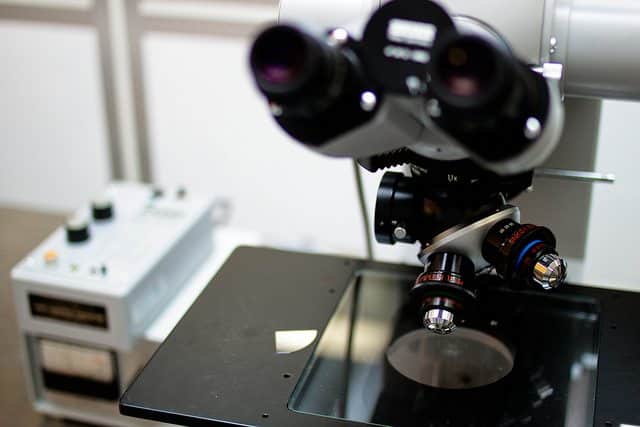
Does society have a handle of all the emerging technology we’re developing at an exponential rate? Hint: Most laws governing technology…

•
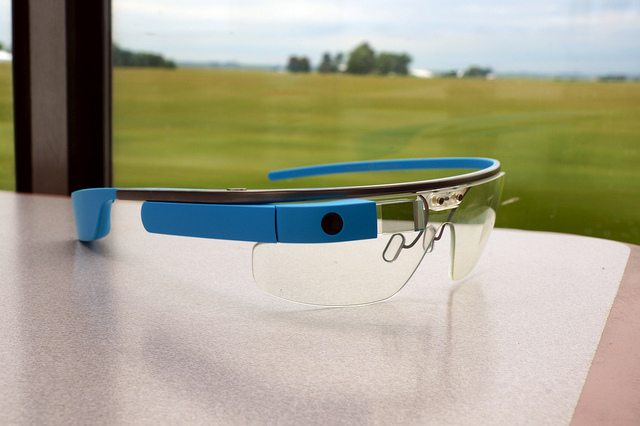
Who wants to live forever? If it meant delaying aging and staying healthy longer, would it change your answer?

•
